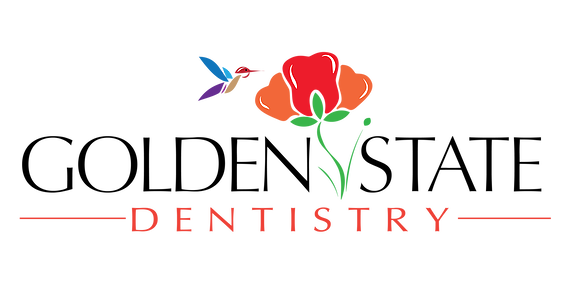 Bruxism is the involuntary action of grinding and clenching your teeth either while awake or while asleep. If left untreated, bruxism can lead to dental attrition, wear away the enamel, and cause jaw pain, headaches, and tooth loss. Fortunately, treatment is available to eliminate bruxism and some of its effects.
Bruxism is the involuntary action of grinding and clenching your teeth either while awake or while asleep. If left untreated, bruxism can lead to dental attrition, wear away the enamel, and cause jaw pain, headaches, and tooth loss. Fortunately, treatment is available to eliminate bruxism and some of its effects.
1. Make lifestyle changes
Bruxism can be a side effect of using certain substances, such tobacco, alcohol, caffeine, and anxiety and depression medications. Cutting down or limiting the use of these substances may help you stop grinding your teeth.
2. Stress and anxiety management
Nearly 70% of bruxism cases are a cause of stress and anxiety. Relaxation techniques, such as meditation, talking to a therapist, and an exercise routine can help relieve negative emotions that cause your teeth to grind.
3. Jaw exercises and massage
Jaw exercises such as stretching exercises, massaging the jaw muscles, and the application of hot packs to the jaw can help relax the jaw muscles and prevent the jaw from clenching at night.
4. Mouth guards and splints
Mouth guards and splints, prescribed by a dentist, create a physical barrier between your upper and lower teeth, preventing further damage to your teeth. It's important to note that although this method prevents wear to your teeth, it may not treat bruxism.
5. Muscle relaxants
Muscle relaxants if taken before sleep, can help relax your jaw and prevent teeth grinding.
6. Botox® Injections
Botox® injections into the masseter muscles of the jaw help weaken the muscles and prevent involuntary teeth grinding and jaw clenching. This method is used in more extreme cases of bruxism, since it is more effective than other methods like mouth guards.
7. Treat associated disorders
Certain medical conditions such as sleep apnea or gastroesophageal reflux disease (GERD) can be underlying causes of bruxism. Diagnosis and treatment of associated disorders may improve teeth grinding.
As with any health condition, it is important to find the root cause of the problem in order to find an appropriate treatment. If you are experiencing symptoms of bruxism, talk to your dentist to see what treatment options are right for you.

.jpg?width=712&name=GSD-Scalloped-Tongue-Causes-and-Treatment-Blog-01.27.2210.21.21%20(1).jpg)











.jpeg?width=425&name=GSD-How-to-Combat-Dental-Plaque-07.22.24-2%20(1).jpeg)



